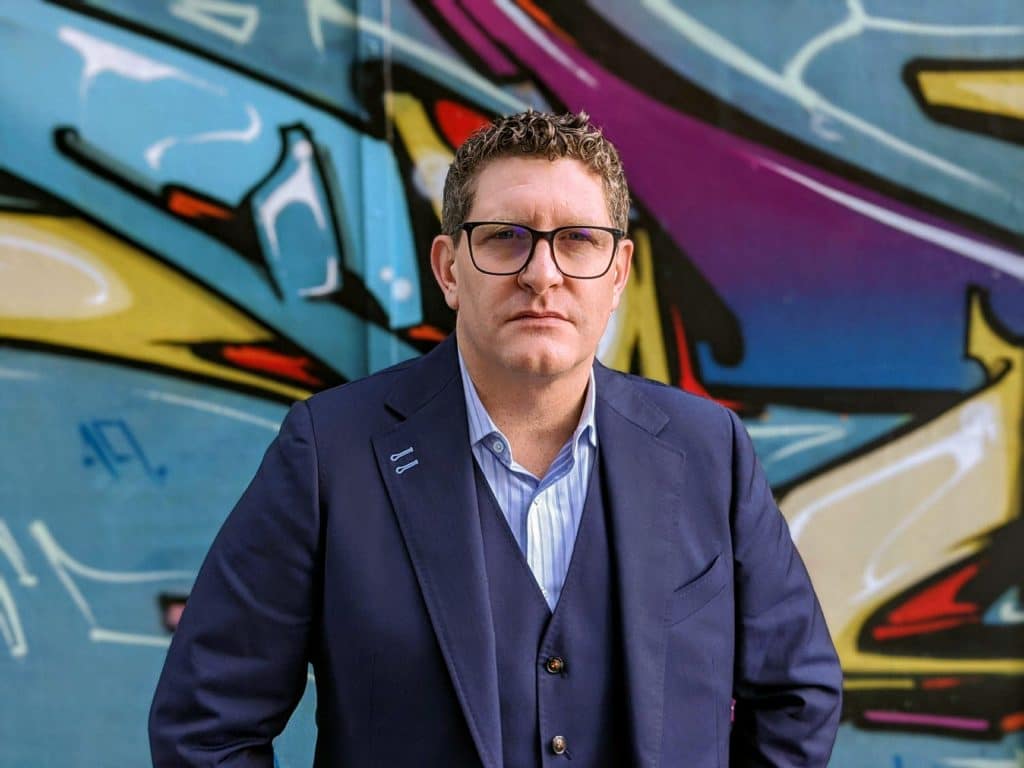Welcome to “Why Meaning Matters”—a Story Studio Network podcast hosted by Erin Trafford with MotivBase cultural anthropologist, Ujwal Arkalgud and MotivBase president, Jason Partridge.
In episode two, Erin begins by asking how we know we’re at a pivot point and what shifts might take place over the next 10 years because of it. Ujwal describes a one-hundred-year-old model that states that ideas usually develop as myths in culture because not enough people believe them at first.
Listen Now
Welcome to Why Meaning Matters. A Story Studio Network podcast hosted by Erin Trafford with MotivBase cultural anthropologist, Ujwal Arkalgud and MotivBase president, Jason Partridge.
In episode two, Erin begins by asking how we know we’re at a pivot point and what shifts might take place over the next 10 years because of it. Ujwal describes a one-hundred-year-old model that states that ideas usually develop as myths in culture because not enough people believe them at first. Take, for example, the idea that social cohesion is broken in America; it’s still in the myth stage. UJWAL [00:03:34] “That is, it doesn’t have mainstream relevancy yet. But, what we can see [00:03:40] is that there is greater consensus coming on this topic that is, it’s bringing more and more people in, more and more people are agreeing on the fact that social cohesion is broken and on why that might be the case. This model from myth to truth, very, very interesting, and meaning allows us to track and measure this.” The model of myth to meaning to idea takes place over time and when timing of particular events, like the financial crisis of 2008, is immaculate and shakes a population into vulnerability, huge shifts can occur. JASON [00:06:13] “And all of a sudden there was this question in and around, “What is the future going to look like?” Now, there was the immediate short-term implications of that, which we all saw and we all experienced, but long-term what that really started to do is it started to basically make a lot of people question American exceptionalism and that laid the groundwork or sowed the seeds, if you will, for a narrative where somebody could come in and say, ‘Trust me, I am that outsider. I’m going to be able to fix this.’” Erin digs in by questioning how knowing that the meaning of something is shifting from myth to truth is capitalized on, pandering to the lowest common denominator and how it can be used in redeeming ways. Ujwal highlights the example of the 40 million Americans who do not trust the COVD vaccine. UJWAL [00:08:45] “That’s no longer the lowest common denominator. That is no longer just somebody who’s uneducated. It is no longer somebody who’s, you know, maybe into, I don’t know, some crazy theories about the way the world works. This is roping in people that are educated. It is roping in people who have some amount of pragmatism in their approach to life. And I think that’s the scary part that a lot of organizations don’t understand.” For Jason and Ujwal, regularly remind people when they work with organizations to help them understand what their constituents and consumers believe and assign meaning that if empathy is not present they’re already off on the wrong foot.
JASON [00:09:51] “… Because the problem is that if we don’t have that empathy for how somebody has been living. The particular decision that they’re making. We’re not walking in their shoes. We’re not understanding how we are able to reach out and connect with them. That’s important from a political standpoint, it’s important from a consumer standpoint.” Erin probes further. If fear and misunderstanding are at the center of it all, how do we have the courage to bridge that gap to move forward and grow in these new environments? Fortunately, Ujwal shares that when something is in the myth stage, it can be adjusted. UJWAL [00:10:52] “The narrative can be adjusted, but if you don’t have courage and you sit there waiting and going, “Oh, maybe it won’t uptake.” Eventually, it achieves the position of a truth and then there’s very little you can do. All you can do is comply with the requirements of the truth. You have to figure out which truth you can play with and that’s it. You have to comply. And I think this is why the courage conversation is actually a critical one.” Erin, Jason and Ujwal promise to dive more into broken social cohesion, changing meanings of masculine and feminine, and how we, as individuals, play into the myths that become truths. Stay tuned for episode three of Why Meaning Matters. If you want to contribute to the conversation, make sure you drop us an email at hello [at] storystudionetwork [dot] com. If you enjoyed this episode, be sure to SHARE it, RATE it, and SUBSCRIBE to the show!




